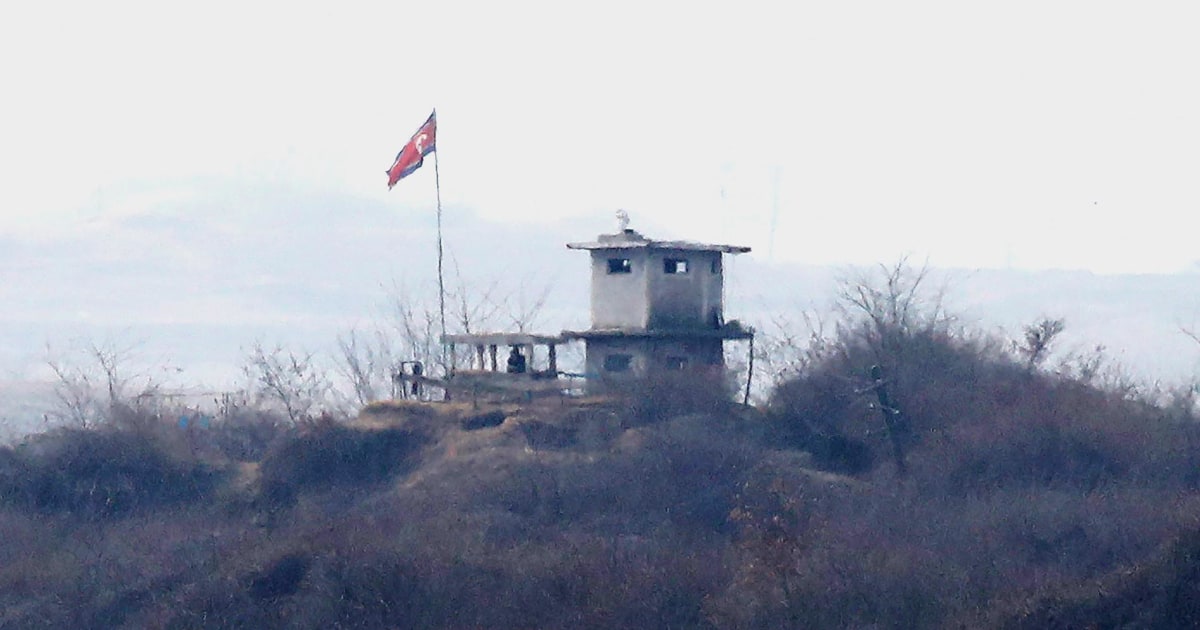Key takeaways:
- South Korea’s military responded to a border incursion by North Korean soldiers by firing warning shots after approximately 10 armed North Korean troops crossed the military demarcation line.
- The incident highlights ongoing tensions between the two nations, which remain technically at war since the Korean War ended in an armistice rather than a peace treaty.
- South Korea’s military reaffirmed its vigilance and commitment to maintaining security along the heavily fortified Korean Demilitarized Zone (DMZ), emphasizing the fragile nature of inter-Korean relations.
On Tuesday, South Korea’s military responded to a border incursion by North Korean soldiers by firing warning shots. According to South Korean officials, the incident occurred when North Korean troops crossed the military demarcation line at the eastern section of the border at approximately 5 p.m. local time. The soldiers were reportedly armed and wearing bulletproof vests, as reported by the French news agency AFP.
In response to the border violation, South Korea’s military issued warning broadcasts and subsequently fired warning shots. The actions taken by South Korea prompted the approximately 10 North Korean soldiers involved to return to their side of the border. The incident underscores the ongoing tensions between the two nations, which remain technically at war since the Korean War ended in an armistice rather than a peace treaty.
Following the incident, South Korea’s military released a statement affirming its vigilance in monitoring North Korean activities. The military emphasized its commitment to maintaining security and stability in the region, particularly along the heavily fortified border that separates the two countries. The demarcation line, often referred to as the Korean Demilitarized Zone (DMZ), is one of the most heavily militarized borders in the world.
This border crossing incident is the latest in a series of events that highlight the fragile nature of inter-Korean relations. While there have been periods of dialogue and cooperation, such incidents serve as reminders of the underlying tensions that persist on the Korean Peninsula. Both nations continue to navigate a complex geopolitical landscape, with regional and international implications for their actions.



Be First to Comment